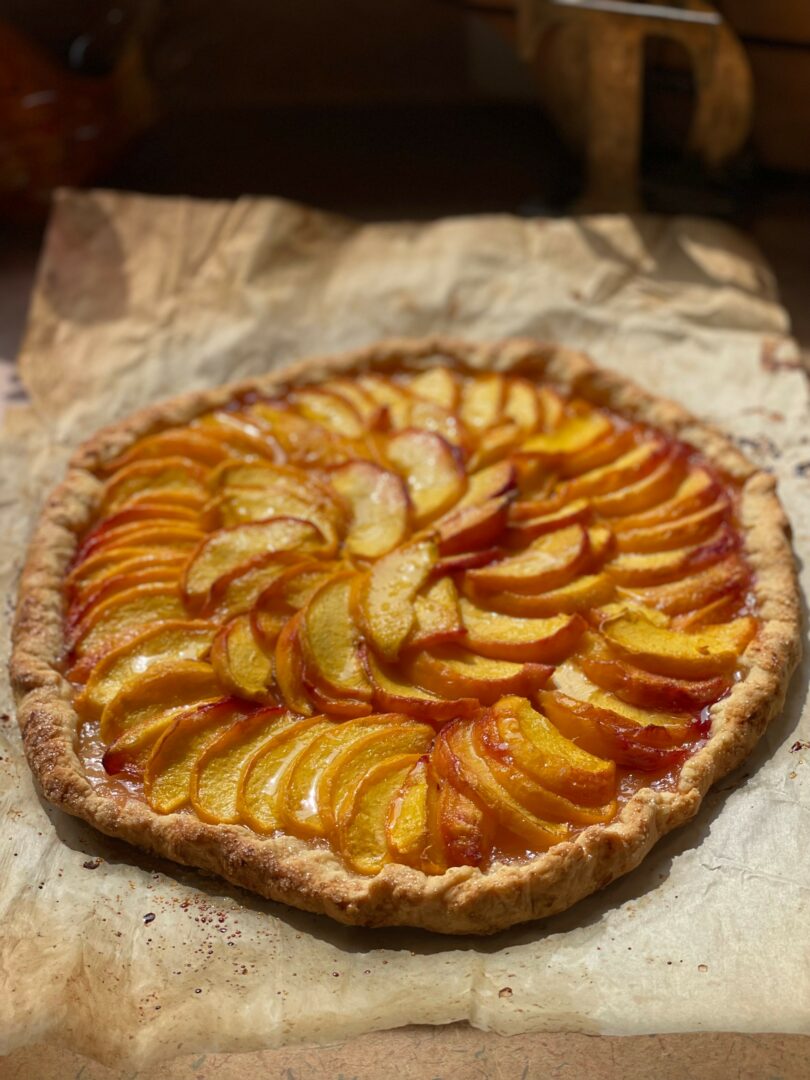We recently had the chance to connect with MJ Adams and have shared our conversation below.
MJ, so good to connect and we’re excited to share your story and insights with our audience. There’s a ton to learn from your story, but let’s start with a warm up before we get into the heart of the interview. What is a normal day like for you right now?
I usually am awoken by a meowing cat. Currently, I have four, all rescues from outside, plus another rescue
that is still a little feral, so I feed it outside. I am on the board of a wonderful cat TNR program that also provide affordable spay/neuter, called West River Spay & Neuter. A wonderful thing. I make a cup of tea, usually Irish Breakfast, and then see if I can solve the Wordle of the day. Since my husband officially retired from his job on the East Coast, he his finally home pretty much all the time. I find I follow him around the house with a mop and pail, which has been a big adjustment for me. If it is a Tuesday or a Friday, I am off to Reform Pilates, where I have jumped back on the exercise bandwagon since Covid. I find it clears my head and has made a big improvement in how I feel about myself and my body. I have been trying to write my culinary memoir from my time in NYC, but
like any writer knows, it requires discipline, which at times I lack. I don’t miss the days of jumping out of bed and racing down to the restaurant, but one does need structure in ones day. I may do a little light shopping later at our local coop, or if the Farmers Market is open, think about what I am making for dinner that night. We still live in a food desert, so we cook a lot at home and once in a while might go out. After dinner, I either try to catch up on reading from the piles of New Yorker we are behind on, or try not to get sucked into something on Netflix or PBS, which usually ends up happening.
Can you briefly introduce yourself and share what makes you or your brand unique?
I am a former restaurateur and chef. Transitioning from restaurant life was hard, but it opened the door to dabbling in television, which led to hosting and helping with creative content on two seasons of a show called Savor Dakota.
It ran for two seasons on South Dakota Public Television, exploring the culinary landscape of our state.
After that, I worked on my cookbook, which had been something I had always had in the back of my mind. It was published in mid-December of 2019 and was reviewed on New Year’s Day of 2020 in the NY Times Food
Section. This was a huge boost, but a few months later, COVID hit, and like everything and everyone, life was pretty much put on hold. It is hard to sell a cookbook without going out and promoting it through cooking and book signings. A lot of gigs I had to cancel. It is kind of hard to promote a cookbook two years after it came out, once life somewhat got back to normal.
I am currently working on my culinary memoirs in NYC. So is everyone else in the country, but I feel I lived in NYC when
it was magical in the mid-1980s and ’90s. I was at the beginning of the formation of The James Beard Foundation, which was an exciting time and led me to work and meet with such people as Jacques Pepin, Craig Claiborne, Eileen Yin-Fei Lo to name a few. I even got to meet Julia Child. Its what prompted me to attend The French Culinary Institute later in life. I worked with Edna Lewis at Gage & Tollner. I was right in the middle of all the culinary action and feel I have wonderful stories to share. Before I left NYC to come back West, I even worked for Brooke Astor.
Okay, so here’s a deep one: What breaks the bonds between people—and what restores them?
I think one of the most important things between two people is trust. What bonds people is their engagement with each other, and by engaging, I mean being present and honest with that person. My life has always been full of trauma growing up, and I think because of it I am real and I don’t have time for games. If someone loses my trust, they have an opportunity to earn it back, but if they fail me, I move on to other people who deserve my love and attention.
What have been the defining wounds of your life—and how have you healed them?
I think the major wound was the death of my mother at the age of nine. I hadn’t seen my mother for seven months because my paternal grandmother had been taking care of me in the Midwest to help my mother out while she was trying to get healthy for open-heart surgery. I thought it was only for the summer, but it turned into attending school in the fall. When she passed away, I was not allowed to attend her funeral. Growing up without a mother makes you want to be a mother to everyone. One of the ways I found comfort was in finding older women as friends. I didn’t realize it till later in life.
When I was about to have my own baby, I kept thinking about what kind of mom I was going to be. When I went to the hospital to deliver my baby and they told me they could not find a heartbeat, it was devastating. Not having a mother in my life and
focusing on being a mother was something I was so looking forward to, and having it taken from me in a moment was another devastating point in my life. I have come to terms with the fact that it is okay to not have children, but society doesn’t help because you are not the norm. I have done a lot of work with homeless cats over the years. Pets are amazing since they give you unconditional love. I try to give back through charity organizations by donating my time through cooking classes.
I don’t know if you ever really can completely heal through your trauma, but you learn to live with a few pieces missing from your heart, and you have to be thankful for the things you do have. So many people have nothing.
I think our readers would appreciate hearing more about your values and what you think matters in life and career, etc. So our next question is along those lines. What’s a cultural value you protect at all costs?
I care about local foods. It was the reason why I moved back to South Dakota when I opened my restaurant. I was stunned that people were not shopping at the farmers’ market, but I realized over time that most people in the industry, they were not trained in using fresh ingredients or shopping at the farmers’ market.
It is what put my restaurant on the map. I tell restaurant owners, even if you start with one thing like soup and make it local, it is a start. The money stays in the community. It is still shocking to me that even after
living in South Dakota for almost 30 years, promoting local foods has not gone further. I still keep pushing it. COVID really set the restaurant industry back, and it has to be at a city and state level where
the powers that be care about local foods as well. Farmers are getting older, and the younger generation is
not interested in working that hard.
Thank you so much for all of your openness so far. Maybe we can close with a future oriented question. When do you feel most at peace?
When I am doing something I love. When I am in the kitchen, prepping a meal, and look out the window
and see flowers blooming, it makes my heart smile. I also enjoy traveling. When I wander through a museum or along a river, say the Thames or the Tiber River, where so much history has taken place, I find it satisfying that I can experience this.
Contact Info:
- Website: https://www.chefmjadams.com
- Instagram: @CHEFMJADAMS
- Linkedin: MJ Adams
- Twitter: @chefmjadams
- Facebook: Chef MJ Adams
- Other: https://linktr.ee/chefmj
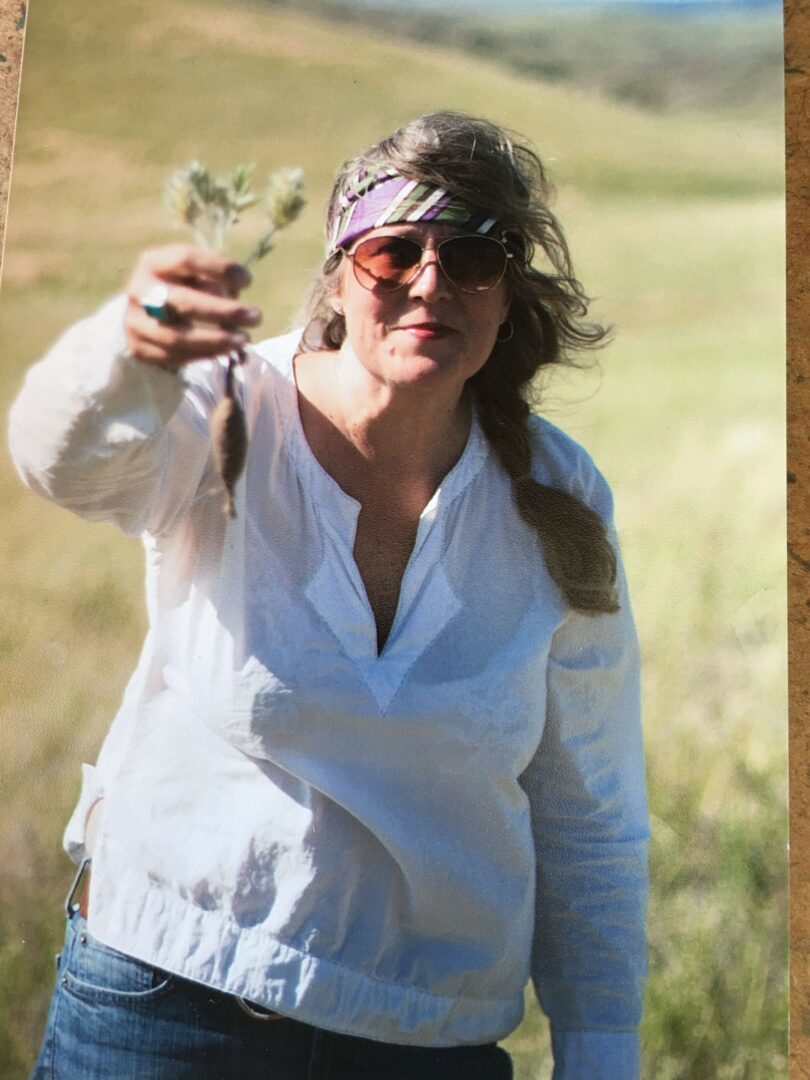
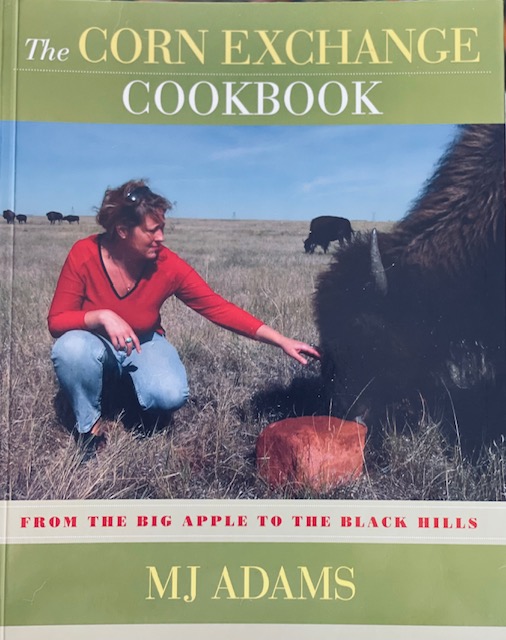
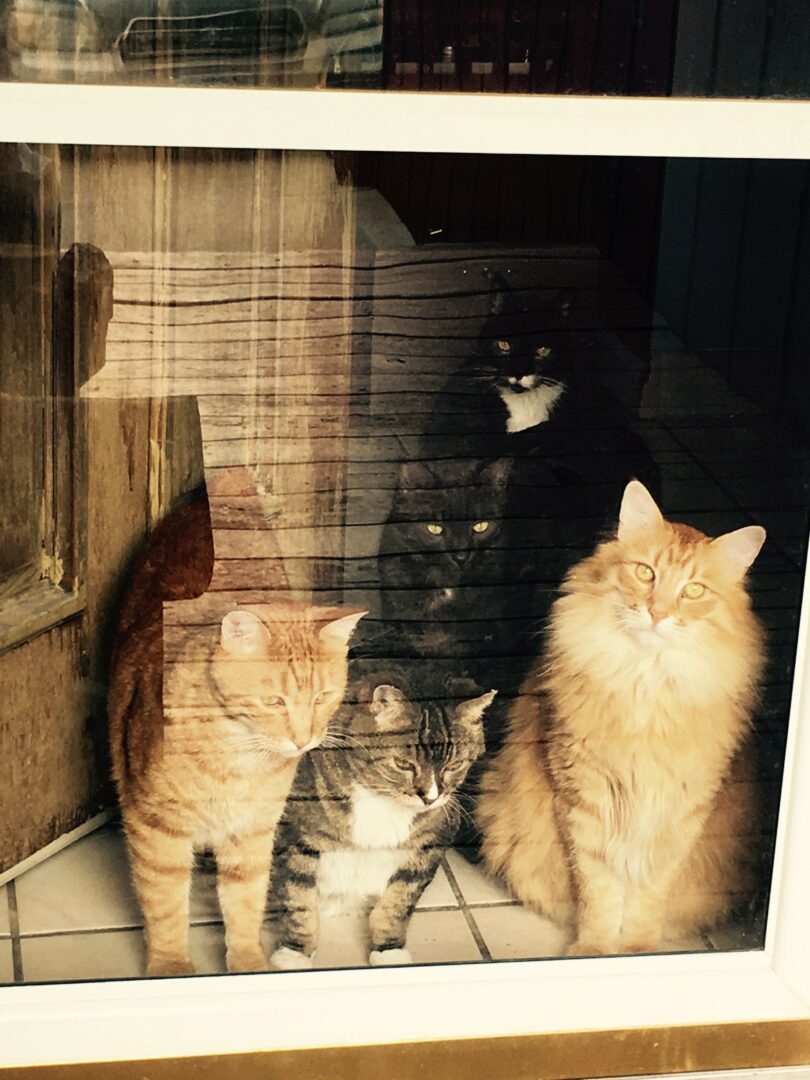
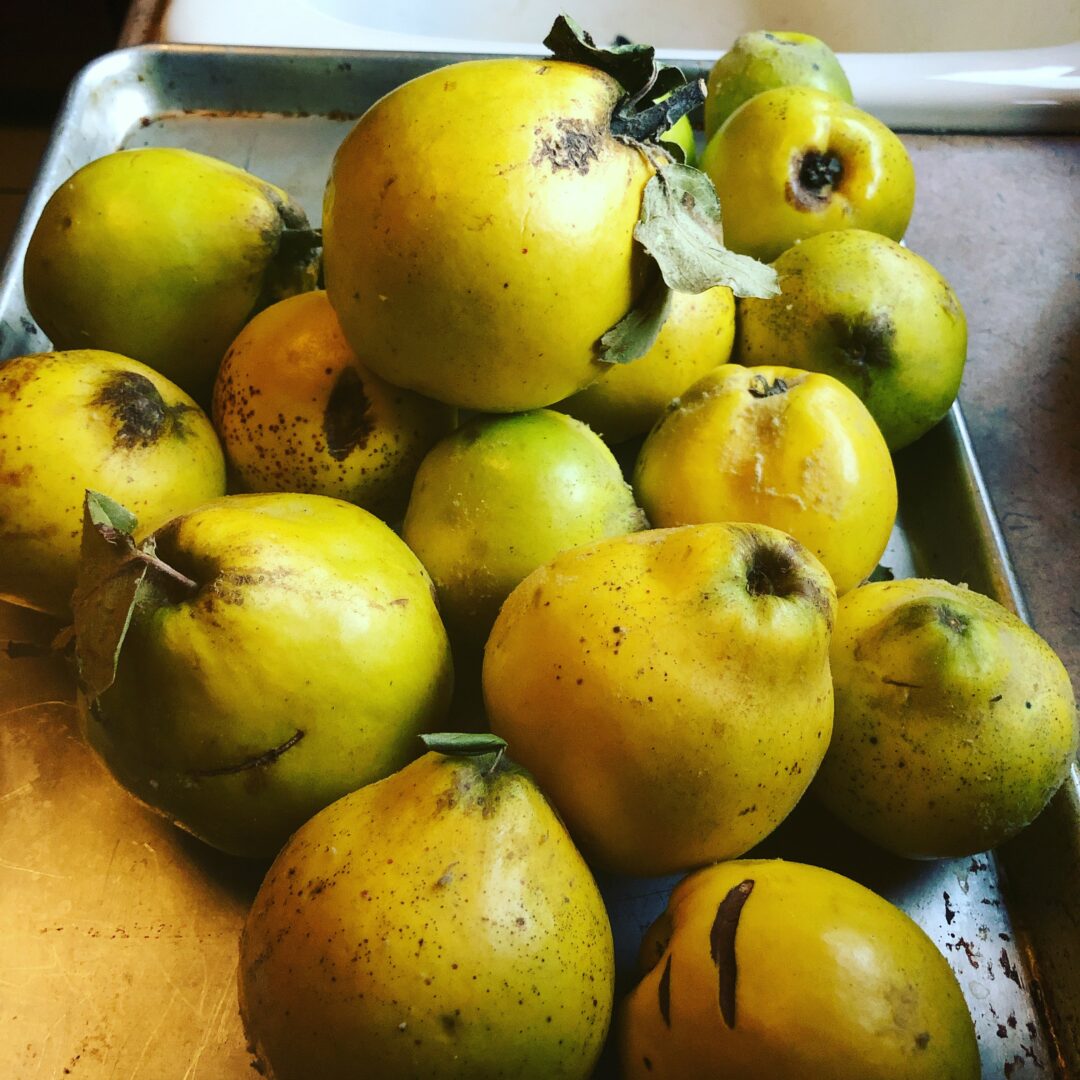
Image Credits
Walter Albasi for the buffalo photo on my cookbook cover. Melissa Sievers, who took the photo of me holding Timpsila during an episode for Savor Dakota, The others are by me.
so if you or someone you know deserves recognition please let us know here.

